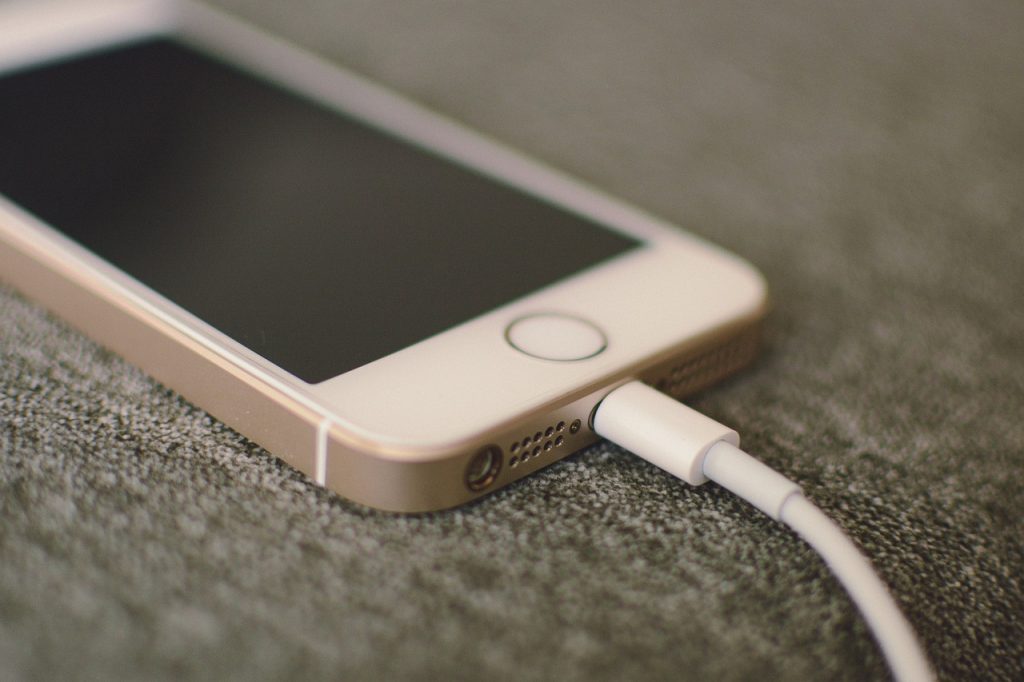In this digital age, where smartphones and other mobile devices have become an integral part of our daily lives, ensuring the security of our devices and personal information is of utmost importance. Recently, the FBI issued a warning regarding the potential risks posed by public charging ports. As a leading authority in digital security and copywriting, we are here to provide you with comprehensive insights and practical tips to safeguard your mobile devices and protect yourself from potential threats.

The FBI’s warning highlights the potential dangers of using public charging ports, such as those found in airports, cafes, hotels, and other public places. These charging ports, often referred to as “juice jacking” stations, can be manipulated by cybercriminals to extract sensitive data or install malware onto unsuspecting users’ devices.
The Risks of Public Charging Ports
- Data Theft: When you connect your device to an untrusted charging port, cybercriminals may use the opportunity to steal personal information, passwords, and sensitive data stored on your device.
- Malware Installation: Malicious software can be discreetly installed on your device, allowing hackers to gain unauthorized access, monitor your activities, and compromise your privacy.
- Ransomware Attacks: Cybercriminals may deploy ransomware onto your device, effectively holding your data hostage until a ransom is paid.
- Financial Fraud: With access to your personal information, cybercriminals can conduct fraudulent transactions, leading to financial losses.
Best Practices for Protecting Your Devices
1. Use Personal Charging Cables
Carry your own charging cables and avoid using public charging cords. This minimizes the risk of data theft and malware installation from compromised cables.
2. Invest in a Portable Power Bank
A portable power bank allows you to charge your device on the go without relying on public charging ports. This ensures your data remains secure while you stay connected.
3. Enable Data Blocking on Your Device
Many modern smartphones offer a feature that blocks data transfer when connected to a charging port. Enable this feature to prevent unauthorized data access.
4. Consider Using a VPN
A Virtual Private Network (VPN) encrypts your internet connection, providing an additional layer of security when using public Wi-Fi or charging ports.
5. Update Your Device’s Software
Regularly update your device’s operating system and apps to patch potential security vulnerabilities and stay protected against the latest threats.
6. Disable Auto-Join Wi-Fi
Turn off your device’s auto-join Wi-Fi feature to prevent it from automatically connecting to unknown networks.
7. Avoid Unlocking Your Device While Charging
Resist the temptation to unlock your device while it’s charging in public places, as this could expose your sensitive information to potential threats.
In conclusion, the FBI’s warning about the risks associated with public charging ports serves as a reminder that digital security is paramount in today’s interconnected world. By implementing the best practices mentioned above, you can minimize the risks and protect your mobile devices from potential cyber threats.

Remember, knowledge is power, and staying informed about the latest security measures is essential for safeguarding your digital life. By taking proactive steps and being vigilant, you can confidently use your mobile devices while on the go.
Stay secure, stay informed, and stay one step ahead of cybercriminals.


